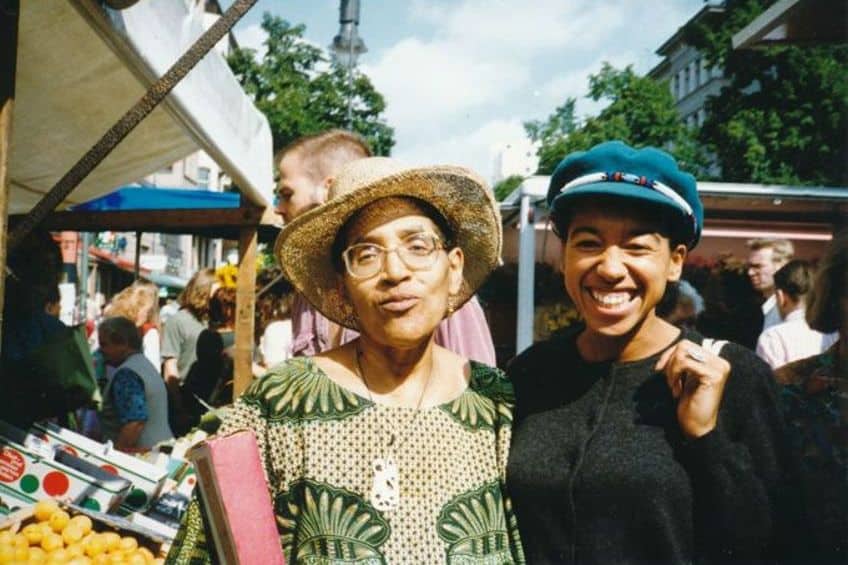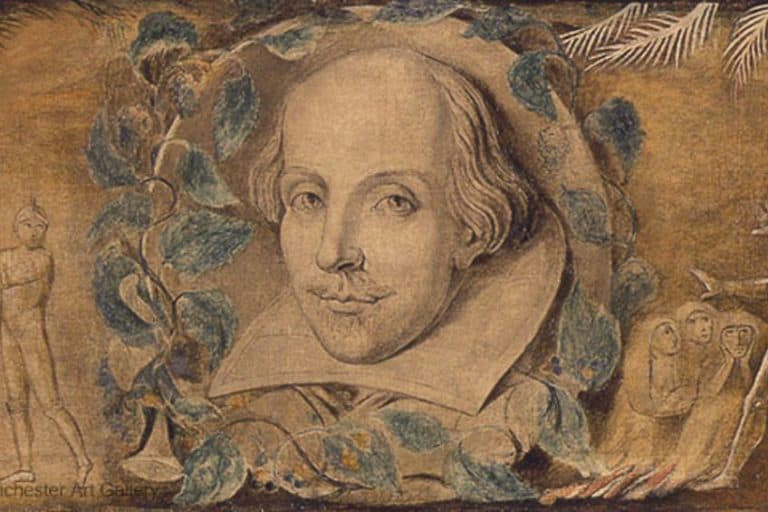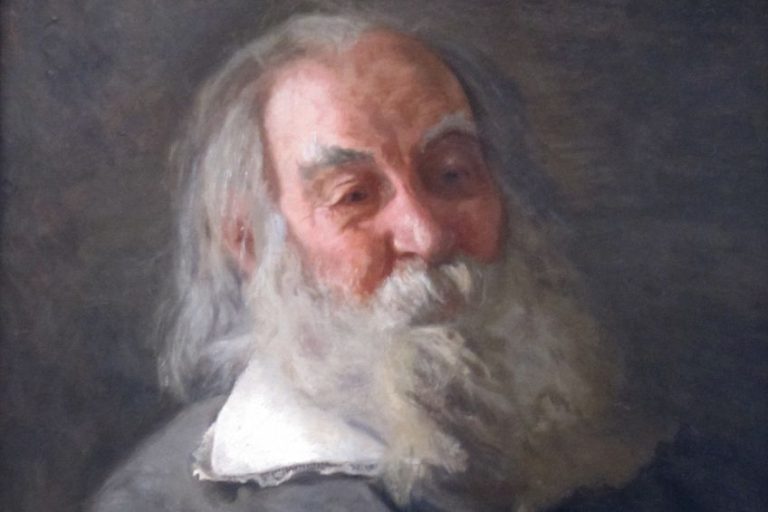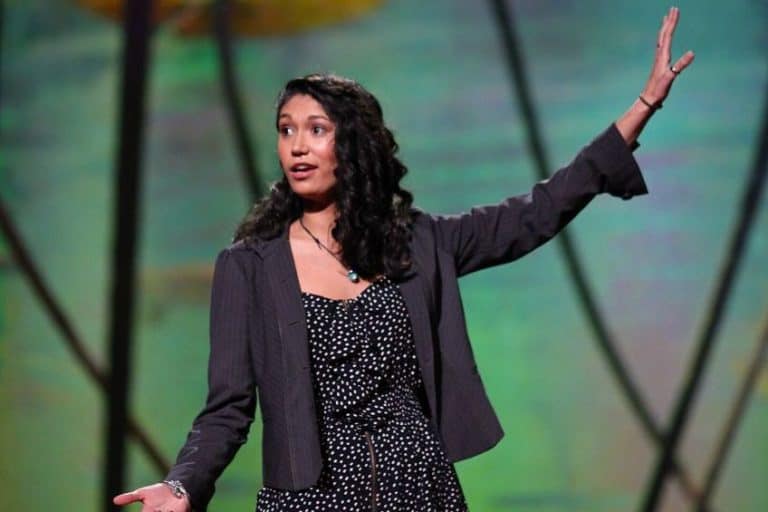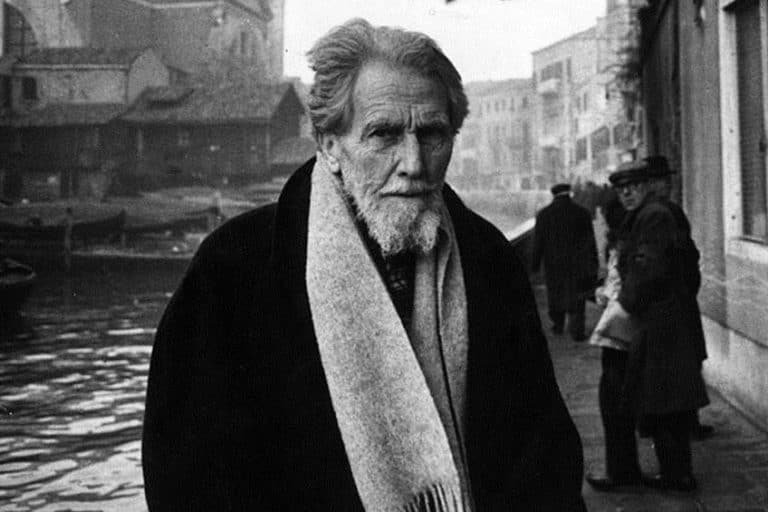Audre Lorde – Introducing the Intersectional Feminist Poet
Audre Lorde is a notable figure for a variety of reasons. What are those reasons? Well, you will need to keep going and read on to figure out what some of those reasons happen to be. In this article, I will go over some of the major points about Audre Lorde and the work that she did. For instance, I will discuss some of her life, the characteristics of her poetry, including her spoken word work, a few examples of her poems, and the kind of non-poetic work for which she is also known. This should be a good general overview of what is to come, and if you would like to see what else there is, then you can jump into the very next section and see what all there is to learn about Audre Lorde!
A Look at Audre Lorde
| Poetic Movement | Black Arts Movement and Feminism |
| Years | 1934 – 1992 |
| Place of Birth | New York City, United States |
| Known For |
|
Audre Lorde was an American figure who was active in the Civil Rights Movement while also being a notable feminist academic and poet. Much of her work was focused on the intersectionality of a variety of points, such as class, race, gender, sexuality, and so on all being intertwined with one another rather than being wholly separate points. However, we will be looking at all of that in far more depth as we continue with this article. For now, we’ll first stop off for a bit so that we can have a look at a summary of her work.
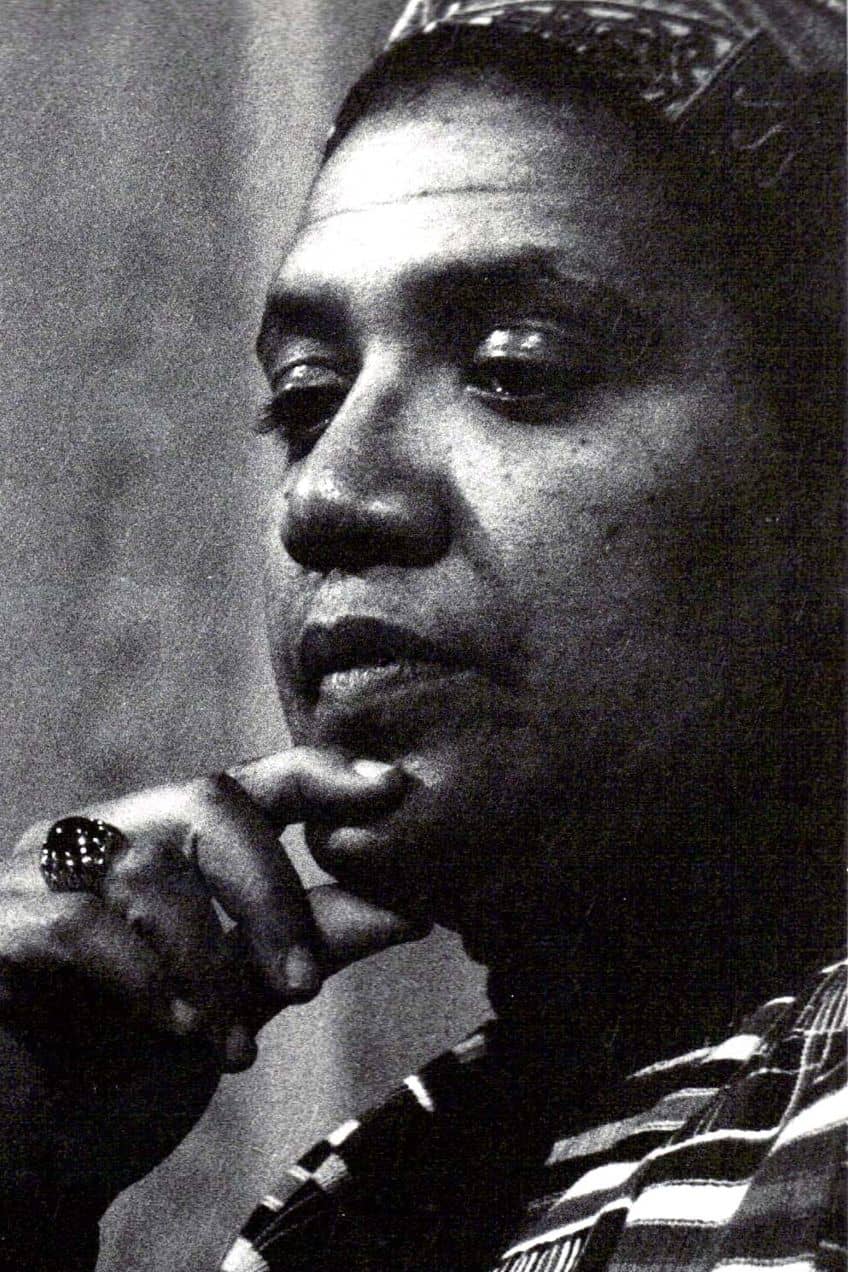
Summary of Audre Lorde
There is a lot that one could learn about Audre Lorde, but we will not be able to look at absolutely everything, but we will give it a try to show at least some of her major contributions. However, before we attempt that, we’ll first attempt a much shorter summary of what you can come to expect as you continue to read:
- Audre Lorde was a 20th-century writer, academic, and activist. She produced work in a variety of different fields and was well known for her powerful and provocative poetry. In addition, she was an active member of the Civil Rights Movement in the United States.
- Audre Lorde was active in spoken word poetry. While Audre Lorde did produce non-spoken word poetry, she is also known for her spoken word work. Her provocative poetry was especially potent when recited aloud, and she became well known for some of the best spoken word poetry during her lifetime.
- Audre Lorde was a major figure in black feminism. While this article will mostly focus on her poetry, she was also an important figure in black feminism and did a lot of work toward intersectionality in the field. Her feminist theory contributions may eclipse her poetic work.
While a more robust understanding of any topic is far more desirable in more general terms, it can be nice to just have a short and sweet summary. However, that being said, we are now going to dive into something a little more robust than we have done in this summarized section.
We’ll start with the life of our subject today, and so, let’s get down to it!
The Life of Audre Lorde
Audre Lorde was born in 1934 to two Caribbean immigrants and, when she was born, her name was a little different from what it would eventually become. Originally, she was called Audrey rather than Audre but chose to ditch the “y” in her name because she believed that there was more artistic symmetry to the dual “e” endings of Audre Lorde rather than having that pesky “y” thrown into the mix there.
As she grew up, she had a tumultuous relationship with her parents and the difficulty that she faced in communication with them was one of the things that led her to poetry. She even claimed at one point that she thought in poetry and would even recite poems when asked to express what she was feeling at a particular point in time. Her writing of poetry began then, as you might expect, at a relatively young age. She and a few others at her school, who saw themselves as outcasts from the rest of the school body, started to produce poetry.
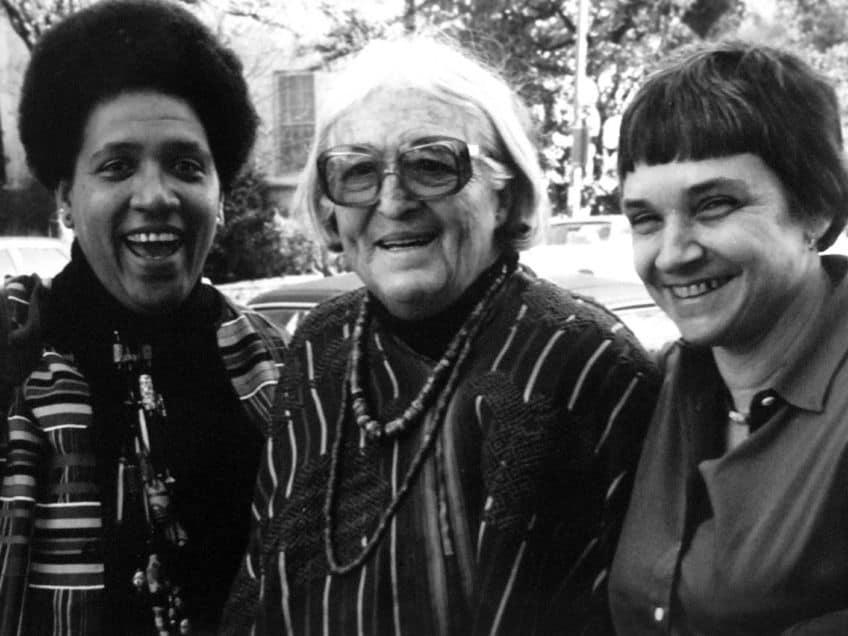
During her studies, she spent a year of her life at the National University of Mexico, which had a profound impact on her. However, she did soon return to her hometown of New York City where she became an active member in the gay community of Greenwich Village. She would eventually complete her education in library science in 1961 and became a librarian shortly thereafter.
However, she would soon go on to be a writer and she became a participant in civil rights discussions and protests, and would also play a large role in various women’s groups during this time. She would also teach during much of this period and even worked as a professor at the City University of New York, and while she was there, she argued for the development of a black studies curriculum and department.
One of the biggest parts of her life was a move to Berlin in 1984, which began as a visiting professorship. She soon started to become involved in the Afro-German movement in the city and would have a large role to play in the formation of the Black movement in the country. She would teach and become an integral part of this movement throughout the last few years of her life.
There was even a documentary film made that explored her time in Berlin.
She would ultimately pass away a few years after the fall of the Berlin Wall, which was an important event in her life. While Audre Lorde may have passed away, her presence could still be felt in the feminist movement that she participated in as well as the many times in which she advocated and fought for intersectional improvements in various parts of the world.
The Characteristics of Audre Lorde Poems
When it comes to Audre Lorde’s poems, they have come to be noted for their technicality as well as the powerful use of emotionality that can be found within them. Her poems often made potent use of anger as a means of discussing intersectional injustices that she noted in the world, and she was unafraid of showing her rage to the world in the work that she produced. This is also why many of her poems tend to have themes related to various intersectional issues, such as civil rights, feminism, identity, and so on.
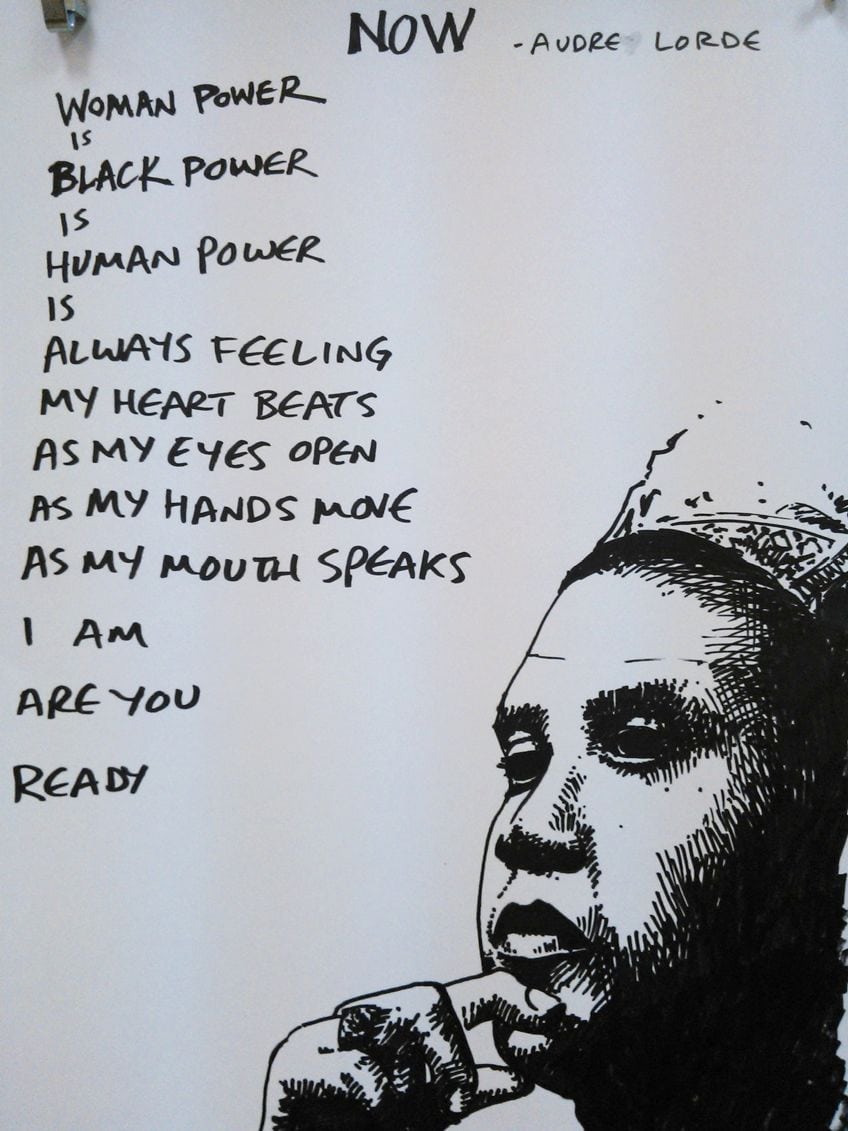
Another major aspect of many of her poems can be found in the fact that she often wrote from a deeply personal perspective. She wanted to share the way that she thought and perceived the world, and this allowed her to communicate the ways that she felt. Many have taken to the poetry that she wrote because it is so often raw and powerful to read. One of the other biggest aspects of the poetry that she wrote could be found in her feminist theory of difference. This posits that there are differences between various groups in society, especially between different groups of women. This is further discussed in one of the later sections of this article, but her feminist work took pains to explore the fact that there are many different ways to look at womanhood rather than seeing women as a monolith.
The Spoken Word Poetry of Audre Lorde
While Audre Lorde did write a lot of poems, she was also a participant in the spoken word community. Many of her poems contain powerful words, the use of personal experiences, and deeply emotional expression, and so they are often seen as perfect poems for spoken word. Some of the Audre Lorde poems that we will discuss today were those that she performed.
By simply reading some of the work that she produced, you should be able to tell why her work has resonated so strongly and why they can serve as fantastic spoken pieces.
A Few Audre Lorde Poems
While we can easily speak about Audre Lorde’s poems in a more theoretical sense, such as examining them according to their general characteristics, looking at a few definitive examples is usually a much better way to go about things. That is why I will be having a look at five Audre Lorde poems in this section so that we see what is so special about some of them and why they have come to be seen as some of her best work.
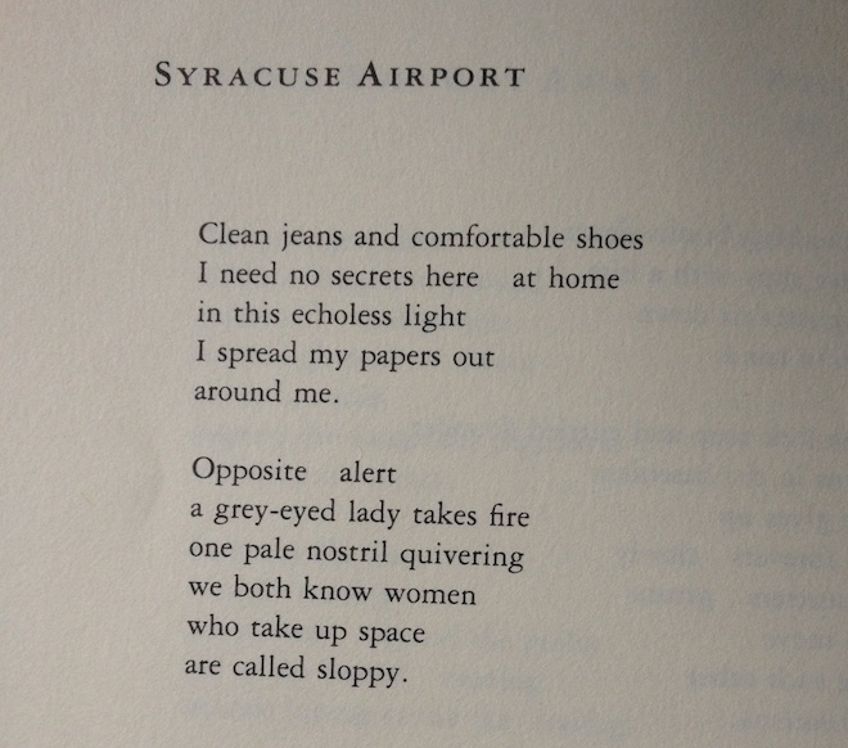
Coal (1968)
| Date Published | 1968 |
| Type of Poem | Free verse poem |
| Rhyme Scheme | None |
| Meter | None |
| Topic | Identity |
Coal is a great place to start when looking at Audre Lorde poems. The poem makes use of the imagery of coal and connects it to blackness. The coal is emphasized as something that comes from the earth. It is potent and powerful, and coal also has associations with fire and serves as a means of burning brightly. On the flip side of things, it is diamond that comes from coal, and so the poem wants to draw this comparison between blackness and the ability to become something marvelous and precious. One of the major elements of the poem is a very strong fixation on the naturalness of coal as a substance, and how blackness, like the coal, is one with the earth and has always been here.
There is no separating the earth from the coal as there is no separating the black individual from the earth either.
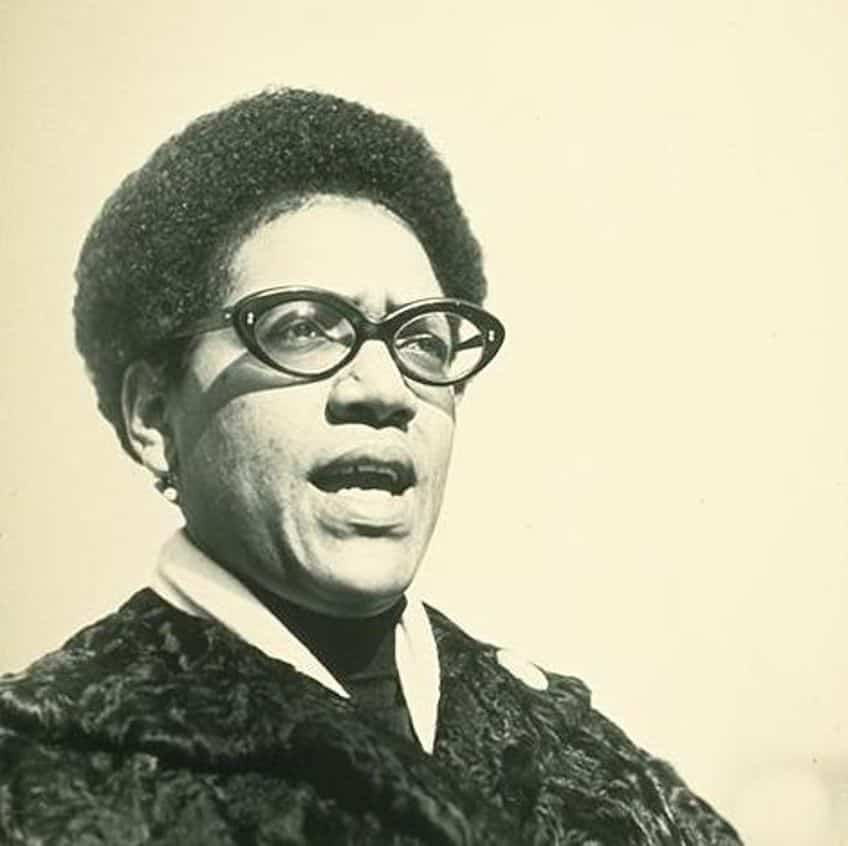
Who Said It Was Simple (1973)
| Date Published | 1973 |
| Type of Poem | Free verse poem |
| Rhyme Scheme | None |
| Meter | None |
| Topic | Anger and frustration |
Who Said It Was Simple is a poem that explores anger and frustration, and it does so by looking toward the very movements that are supposedly there to fight on her behalf. The poem, in the second stanza, discusses a mostly white women’s rally, and it questions how a black woman is meant to survive amidst this when what they fight for is white women rather than women as a whole. This has long been an issue with feminism, although it was attacked by many early feminists as a non-issue, and so Audre Lorde focusing on this and pointing it out for all its hypocrisies is a very important stance to take. She ponders at the end which parts of herself will be liberated at all because she is not just black or just a woman.
She is all of these things. None of us are just one thing, but rather an intersectional connection of many all in one.
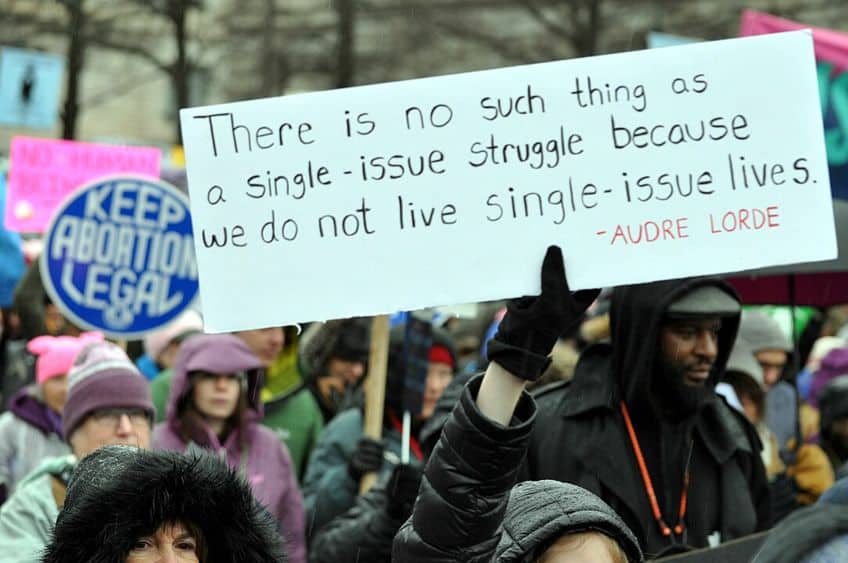
Movement Song (1973)
| Date Published | 1973 |
| Type of Poem | Free verse poem |
| Rhyme Scheme | Variable |
| Meter | Trochaic tetrameter |
| Topic | Heartbreak |
Movement Song is a poem about the end of a relationship. Many of us have experienced this kind of heartbreak, and the poem goes to pains to explore just how this can feel to those who have to go through it. There are various elements of the poem that focus on the memories that the speaker still holds of their lost lover, and there is a desire from the speaker for their ex-lover to remember them in a positive light rather than in the ways that we often think of people in the midst of a breakup.
This poem may not be concerned with some of the usual things that Audre Lorde poems are concerned with, but relationships are a rather universal aspect of being a human, and so this is one of the things that does connect us all with one another.
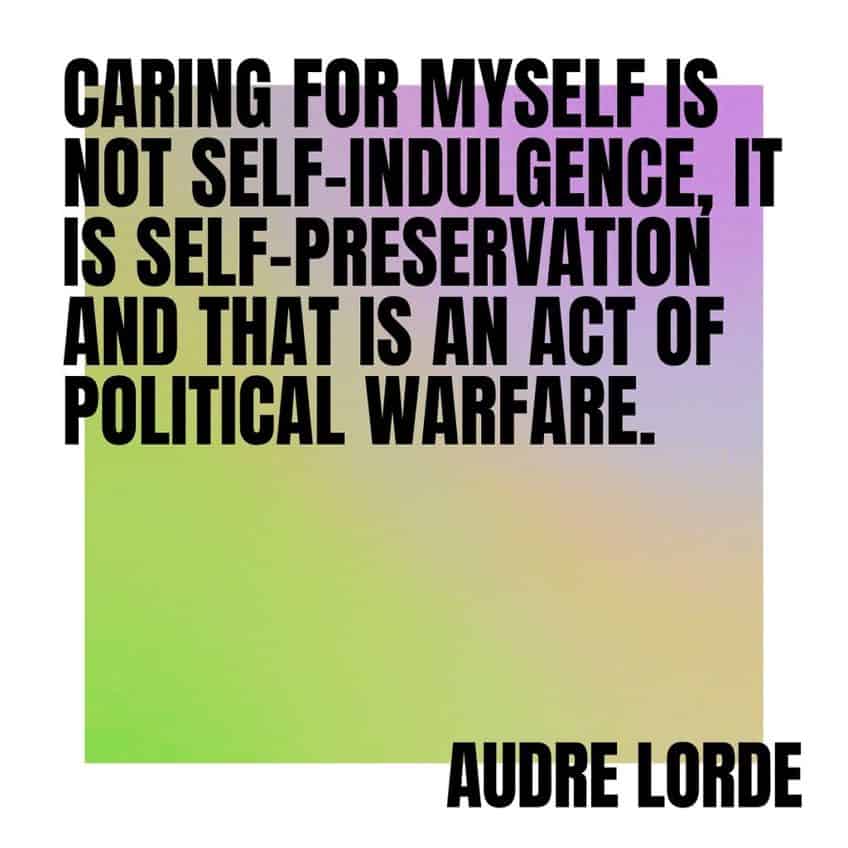
Never to Dream of Spiders (1997)
| Date Published | 1997 |
| Type of Poem | Free verse |
| Rhyme Scheme | None |
| Meter | Trochaic tetrameter |
| Topic | Fear |
Never to Dream of Spiders is a poem that, at first glance, is about spiders. That is what the title would also have you believe, of course. However, as the poem progresses, we become aware that they are afraid of a lot more. The poem itself is a meditation on fear. The fear of many different things, and things that we are not informed about at all. The ultimate image of the spider is only given to us near the end, but these spiders represent all of the things that we fear and how we attempt, often in a futile effort, to keep them at bay.
We work tirelessly against the barrage of terrifying things in our lives that can bring us to our knees, but through the powerful words of Audre Lorde, we may be empowered to understand that we can stand strong against forces such as this.
A Woman Speaks (1997)
| Date Published | 1997 |
| Type of Poem | Free verse poem |
| Rhyme Scheme | None |
| Meter | None |
| Topic | Celebration of black women |
A Woman Speaks is a poem that focuses on the realities of being a black woman within white female spaces. It explores how black women, like herself, have been underrepresented in these kinds of spaces. When it comes to Audre Lorde’s poems, this is not a particularly unique one, as many share similar ideas and thoughts, but it is a powerful means of conveying this particular message to an audience that may not otherwise be used to hearing it. These kinds of issues are important ones to explore, and the work of Audre Lorde often explored these intersectional issues in supposedly progressive spaces.
However, her poetry alone is not enough to show what all she did in her life, and the next section will show some more of what she did.
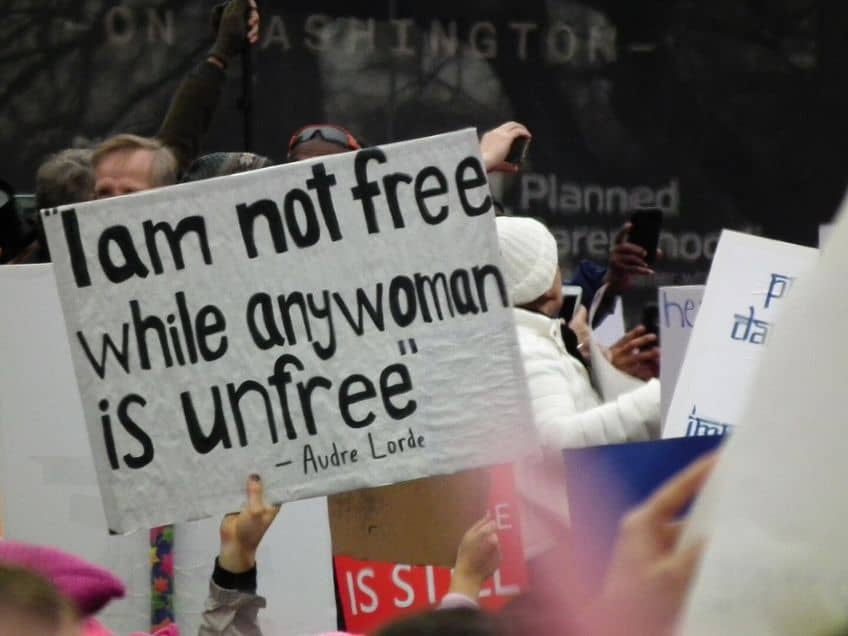
The Other Work of Audre Lorde: Prose, Film, and Academic Theory
We have looked at a few Audre Lorde poems and some of her work in more general terms, but we also do need to have a look at some of the other works that Audre Lorde produced. When it came to her prose work, she is best known for The Cancer Journals (1980) and A Burst of Light (1988), which both examine and explore her life while she was experiencing cancer treatments. Another important prose text is Zami: A New Spelling of My Name (1982), which was a mythologized telling of her life, which she termed a “biomythography”.
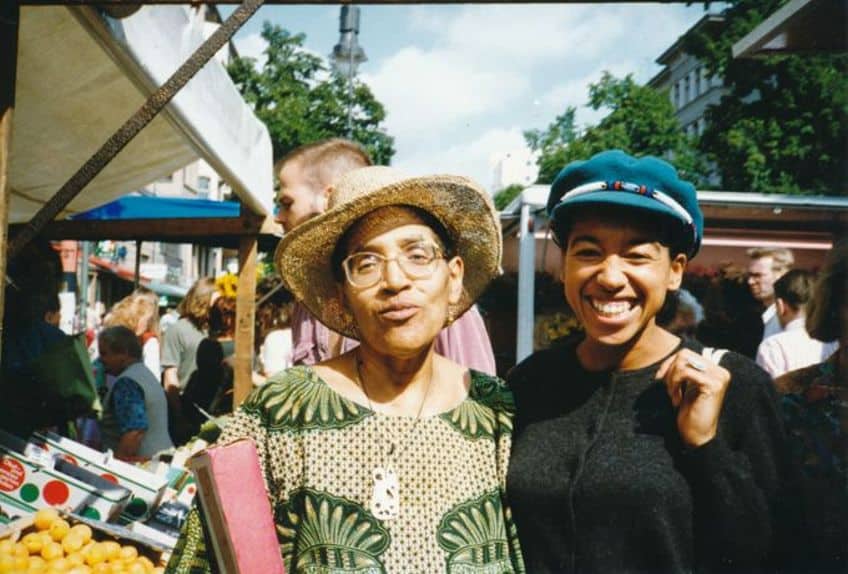
In film, she was featured in a documentary called The Berlin Years: 1984-1992, and which chronicles her work in an Afro-German movement in the city. She would fight for changes to the systemic discrimination that was experienced by minorities in the country and the documentary is considered to be an important film. Lastly, she was also a notable figure in black feminism. Her primary contributions were toward an understanding of the world through an intersectional lens, and these contributions have remained some of her primary ones to date. Some of her major contributions include the idea of the “theory of difference”. Which goes against the binary viewpoint that had been held by many feminists with regard to the differences between men and women, which she saw as too simplistic an interpretation of gender relations.
This entire article has been in service to one overarching question, and that is: who was Audre Lorde? By examining some of her life, the characteristics of a number of Audre Lorde poems, the spoken word work that she produced, some of her non-poetic work, and just a few actual examples of her poems, I hope that I have given you a good overview of the kind of stuff for which she is known. However, this has not been an immensely comprehensive account of Audre Lorde’s life and career, but there are many resources out there if you want to learn significantly more about this phenomenal writer and thinker.
Frequently Asked Questions
Who Was Audre Lorde?
Audre Lorde was an American poet, philosopher, and activist. Her work was intersectional by its very nature, and many of her writings would focus on the intersections of class, race, gender, sexuality, and so on. She was a figure in the American Civil Rights Movement, and she was a fierce activist for many different causes during her life. She died relatively young in the early 1990s, but her work has been remembered to this day, especially her immense contributions to feminist theory.
What Were the Characteristics of Audre Lorde’s Poetry?
When it came to Audre Lorde’s poems, they were often lauded for their technical components as well as their highly emotional nature. She would make stunning use of anger, personal stories, and intersectional issues, such as class, race, and gender. Her poetry was also generally aimed at political actions, such as calls for civil rights and feminist causes. While her work may have been technically stunning, it was also loaded with powerful and provocative calls to action.
What Did Audre Lorde Write Other Than Poetry?
While this article has seen a predominant focus on the poetry for which Audre Lorde was known, she also wrote many other things. For instance, she produced autobiographical accounts, such as those about her battle with cancer, essays on political issues, a mythologized account of her own life, and a significant amount of philosophical work in the intersectional and black feminist traditions.
How Did Audre Lorde Influence Black Feminism?
When it came to the academic work of Audre Lorde, she was perhaps even more influential than she was in terms of poetry. She worked in areas to do with the importance of self-care and self-identity, the use of activism, how community building was integral to feminism, and her advocation of intersectional understandings of society in which we see society as having a series of interlocking oppressions rather than seeing any of them solely on their own. This work has largely impacted black feminism to this day.
What Are the Most Famous Audre Lorde Poems?
While there are many famous Audre Lorde poems, some of her most famous are those such as Coal (1968), Who Said It Was Simple (1973), and A Woman Speaks (1997). There are numerous other poems and non-poetic texts for which she is also famous, and so this short list is, by its very nature, stunted. If you want to read more of her work, you’ll have to go out and find some more!
Justin van Huyssteen is a freelance writer, novelist, and academic originally from Cape Town, South Africa. At present, he has a bachelor’s degree in English and literary theory and an honor’s degree in literary theory. He is currently working towards his master’s degree in literary theory with a focus on animal studies, critical theory, and semiotics within literature. As a novelist and freelancer, he often writes under the pen name L.C. Lupus.
Justin’s preferred literary movements include modern and postmodern literature with literary fiction and genre fiction like sci-fi, post-apocalyptic, and horror being of particular interest. His academia extends to his interest in prose and narratology. He enjoys analyzing a variety of mediums through a literary lens, such as graphic novels, film, and video games.
Justin is working for artincontext.org as an author and content writer since 2022. He is responsible for all blog posts about architecture, literature and poetry.
Learn more about Justin van Huyssteen and the Art in Context Team.
Cite this Article
Justin, van Huyssteen, “Audre Lorde – Introducing the Intersectional Feminist Poet.” Art in Context. March 18, 2024. URL: https://artincontext.org/audre-lorde/
van Huyssteen, J. (2024, 18 March). Audre Lorde – Introducing the Intersectional Feminist Poet. Art in Context. https://artincontext.org/audre-lorde/
van Huyssteen, Justin. “Audre Lorde – Introducing the Intersectional Feminist Poet.” Art in Context, March 18, 2024. https://artincontext.org/audre-lorde/.


